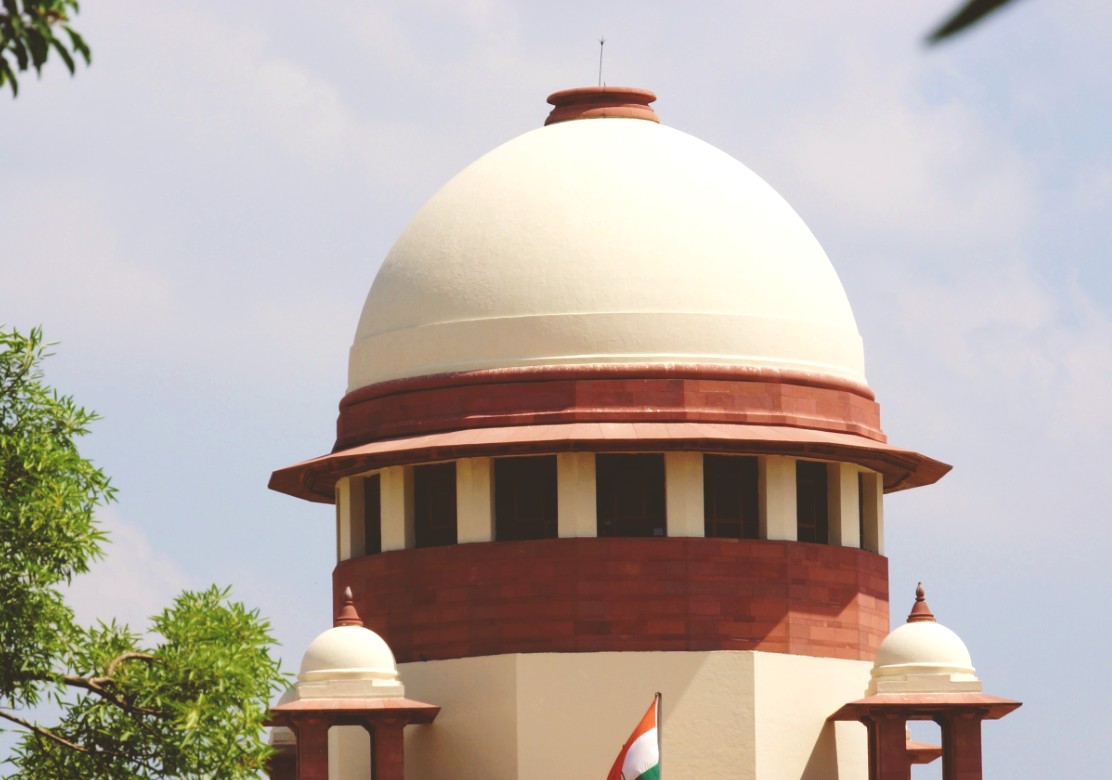CASE COMMENT – DEEPIKA SINGH V. CENTRAL ADMINISTRATIVE TRIBUNAL
ANOUSHKA MUKHERJEE
Student of NALSAR University of Law, Hyderabad
Best Citation – ANOUSHKA MUKHERJEE, CASE COMMENT – DEEPIKA SINGH V. CENTRAL ADMINISTRATIVE TRIBUNAL, 2 (4) & 22 of 2022, IJLR.
Introduction
India is a country that has its foundations in outdated patriarchal, cis-gendered, heteronormative norms. These foundations play a decisive role in the public and private sphere in terms of division of labour, access to resources, legal rights, and more. When these societal norms find legal validation in the legislations in place, people from marginalised communities have no recourse except the judiciary in ensuring the protection of their rights. The judiciary thus moves beyond the role of being a mere interpretative authority of law to a body whose decisions can have severe consequences on the lives of people. Keeping this in mind, this case comment aims to analyse the case of Deepika Singh versus Central Administrative Tribunal and Others.[1] The case in question revolves around the issue of maternity leave. This piece analyses how the court, by taking a purposive stance while interpreting the law at hand, expands the applicability of the rule in question and how the remarks made by the court with respect to ‘atypical’ families such as single-parent households, queer relationships etc. is evidence of the court moving away from the conservative sensibilities of society. This piece also aims to appraise the judgment from the lens of legal realism, legal positivism, feminist legal studies, and queer theory.
[1] Deepika Singh v. Central Administrative Tribunal, (2022) SCC OnLine SC 1088.
